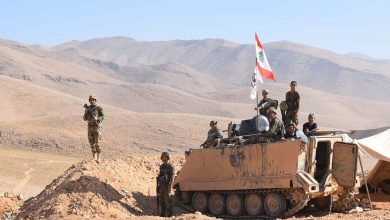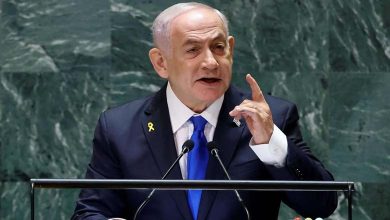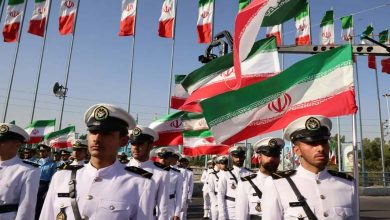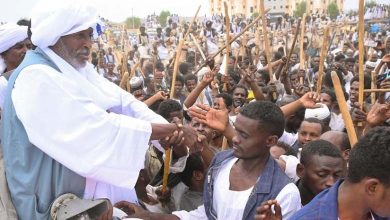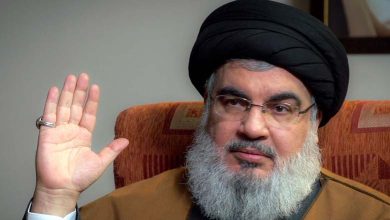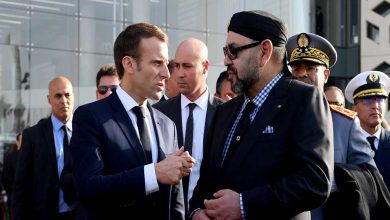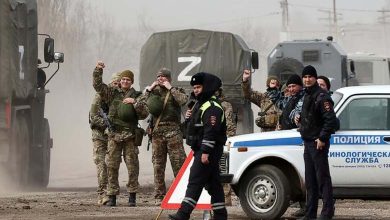European Concerns Over Russian Plans to Establish a Naval Base in Libya
Berlin expresses concern over the expansion of Russian Wagner Group activities in Libya during the current spring
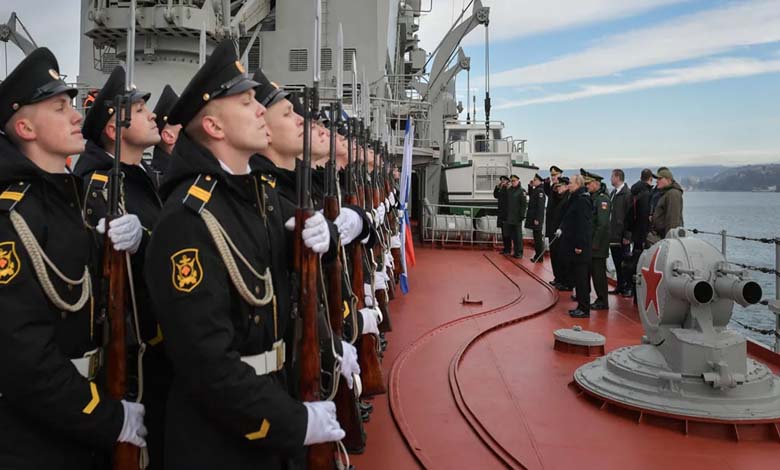
German media has revealed European concerns about the establishment of a Russian military naval base in Libya amid tensions between the West and Moscow due to the war in Ukraine, where the Libyan arena has become one of the arenas witnessing a struggle for influence.
The German newspaper “Tagesschau” reported on Thursday that Russia is exploiting political divisions and armed conflicts, especially in the western region, militia weapon chaos, and the repercussions of the recent flood to enhance its influence.
The newspaper referred to an internal message from the German Foreign Ministry at the end of last March addressing these issues, where Berlin expresses its growing concern about the political stalemate in Libya and the growing Russian presence, referring to information circulated by the European External Action Service about an increase in heavy material delivery and potential plans to establish a Russian naval base.
If these facts are confirmed, this military base would be the second for the Russian army in the Mediterranean after the port of Tartus in Syria, raising concerns for the NATO alliance. The report emphasizes the importance of Libya in confronting illegal immigration to Europe amid political tension and division.
The report also points to the cooperation between the commander of the Libyan National Army, Khalifa Haftar, and Russia, dating back to years of war that erupted years ago, where Haftar visited Moscow several times for discussions with Russian President Vladimir Putin.
Putin seeks a strong presence in Libya and to benefit from the oil resources owned by Libyans, while Haftar seeks further Russian military support.
The German Foreign Ministry, according to the same document, confirms the activity of Russian Wagner Group in Libya, which is believed to expand during the current spring, coinciding with the establishment of a military base in Sirte under Haftar’s supervision and in cooperation with Russian advisors.
The data indicates the ability of the Russian army to use various Libyan airports to transport raw materials and weapons to several arenas experiencing wars, such as Sudan.
The report refers to the role of the current Russian General Andrei Afriyanto, who oversees the forces operating in Libya and Africa, which he named the “Infantry Corps” or “Africa Corps,” where the Russian general visited African countries, including Libya, to discuss the situation there amid intense conflict with the West.
Afriyanto, according to the same data, met with several local officials in Libya and officials from African countries to coordinate efforts and enhance military cooperation.
In contrast, the German newspaper reveals American plans to return to the Libyan scene more significantly to counter Russian influence, after about a decade of closing the American embassy in Benghazi due to an attack that killed US Ambassador J. Christopher Stevens and three other Americans.
The report reveals a request from the US State Department for $12.7 million to reopen an embassy in Libya and provide logistical support services. Last month, the current US Special Envoy to Libya, Richard Norland, condemned the Russian military role in Libya, describing it as “destabilizing.”
Libya is considered one of the most important arenas where the United States seeks to contain Russian influence, especially since Moscow has ambitious economic projects to expand into various Libyan regions and beyond to the African continent, whether those projects are in the energy sector or in developing the country’s economic infrastructure. Many Russian companies were forced to leave Libya and end their activities since the events of the “Arab Spring,” eagerly awaiting a return conditional on stabilizing the security situation.


